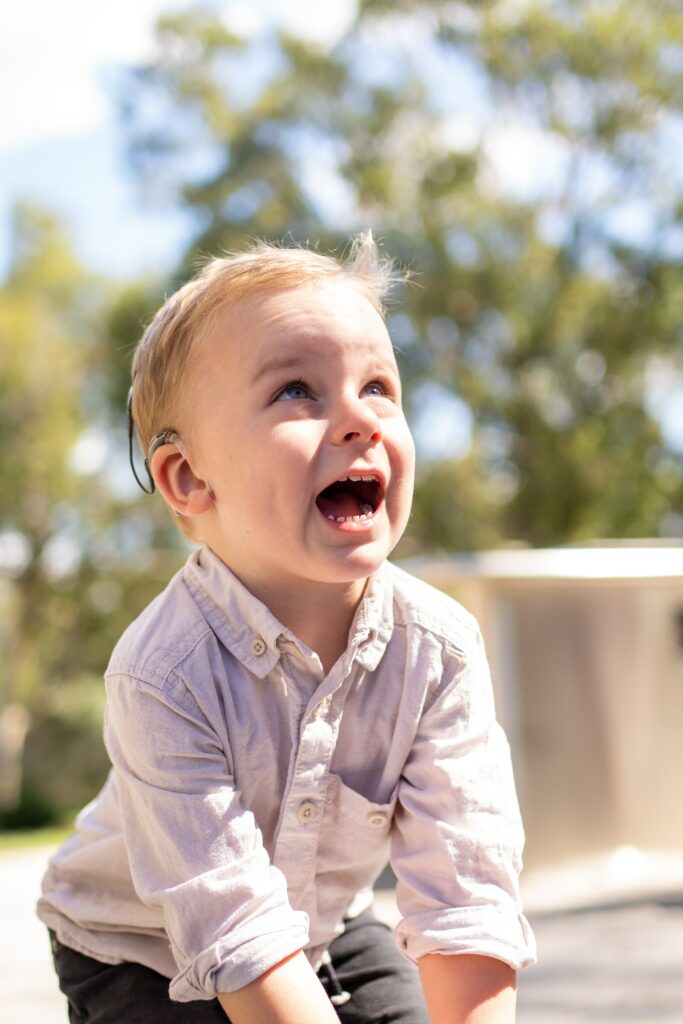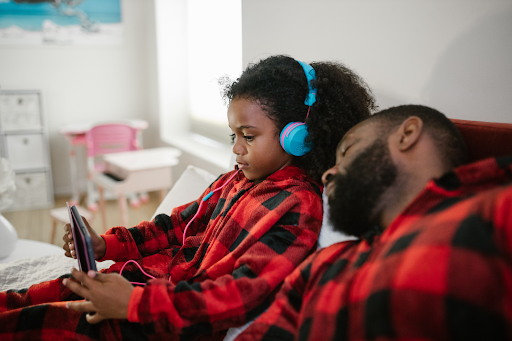As a parent, it’s natural to compare your toddler’s development with that of other children their age. Especially when it comes to milestones like walking and talking. It’s important to remember that every child learns at their own pace, and some will speak earlier than others.
While speech milestones are just a guideline, they can be helpful, too. Did you know that most two-year-olds can use around 50 words? By three, this usually increases a lot. Most children aged three will use pronouns, such as ‘I’ and ‘me’. They can also put together three-word sentences. If your toddler is behind on these milestones, it could suggest a speech delay.
This doesn’t mean you need to worry though — children experience speech delays for many reasons. It’s worth knowing about some common causes, so you can work out how best to support your little one. Tongue-tie, oral motor problems, and Autism, for instance, may lead to delayed speech.
Another possible cause is hearing loss. If you’re worried that your child’s hearing may be impacting their language skills and causing speech delay, here’s what you need to know.
How can hearing loss impact speech development?
There are lots of degrees of hearing loss. It can range from mild impairment (which may make soft sounds and whispers difficult to hear) to profound deafness.
Because hearing is an important part of conversation, it can play a role in how quickly your child learns to speak.
Hearing other people talking helps children learn how to form words and express themselves vocally. If your child is hard of hearing, they may miss out on sounds and find language learning more challenging. It can impact how many words they understand and how they construct sentences. Speech delay can also affect the way they communicate and build social bonds.
Children with a hearing problem may have a smaller vocabulary than those with full hearing. You might notice that they use shorter words while other children their age are exploring more complex phrases. They might also find abstract words, such as emotions, hard to understand.

What to do if you think your child’s hearing is affecting their speech
Genetics can be the cause of hearing loss but there are many other roots, too. Sometimes, children who get ear infections or wax build-up can experience temporary hearing problems.
Because there are so many potential causes and degrees of hearing loss, it’s important to book your child in for a hearing test if you think they may be struggling.
A doctor can identify the root of the hearing problem and guide you on treatment options. It may be as simple as removing wax or taking medicine to treat earache. In rarer cases, hearing aids can help.
These treatments can help your child catch up and get back on track with their speech and language milestones. You might want to look at speech therapy options, too.
Insights and advice from Pippin Speech
Whatever the reason for your child’s speech delay, you can find support and guidance with Pippin. Our bitesize course offers information and advice from expert speech therapists.
You can also use the Pippin app to track how many words your child can use and how they pronounce them. There are also fun activities to support your little ones’ speech and language development.
Find Pippin on Google Play and the Apple App Store.

